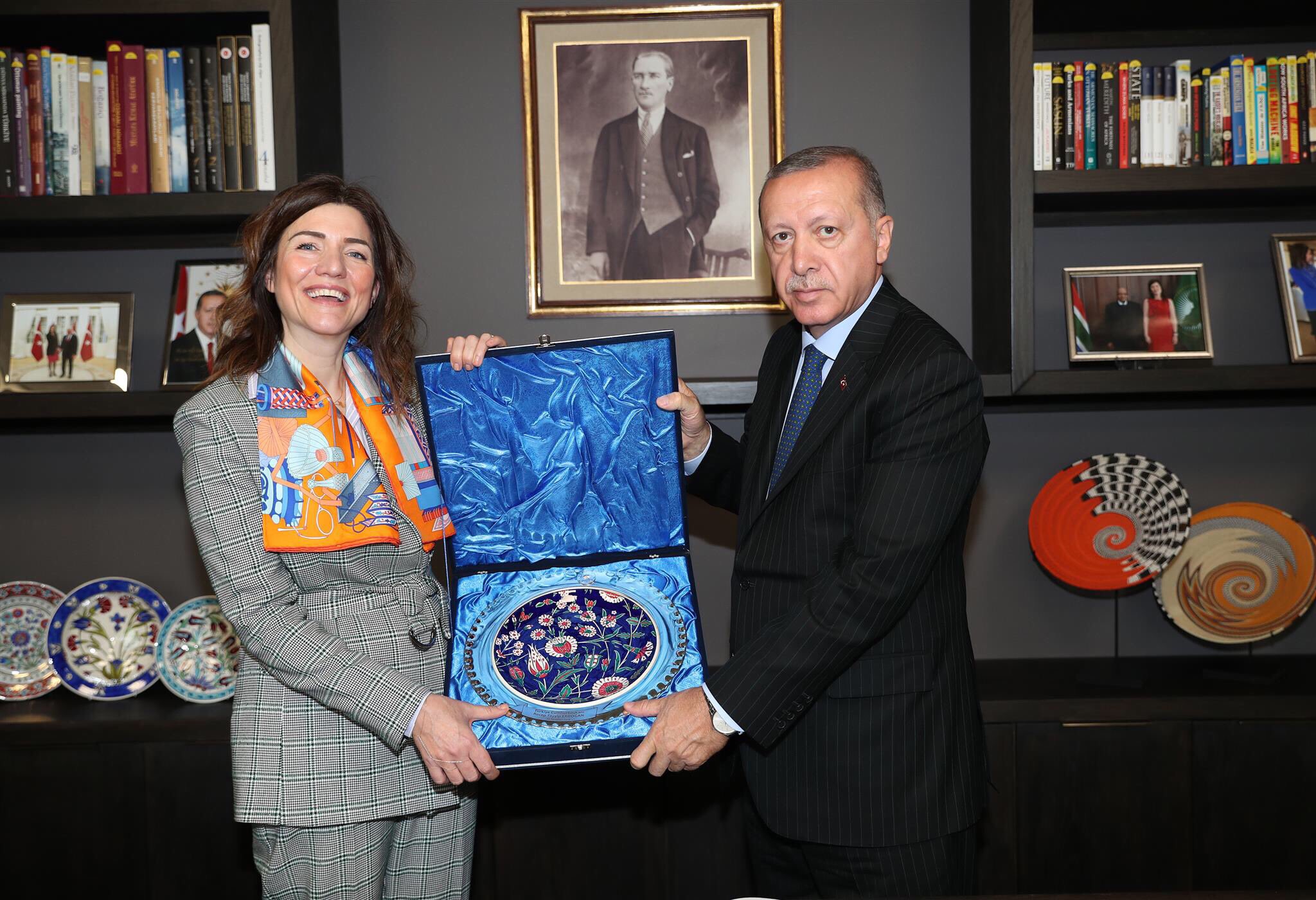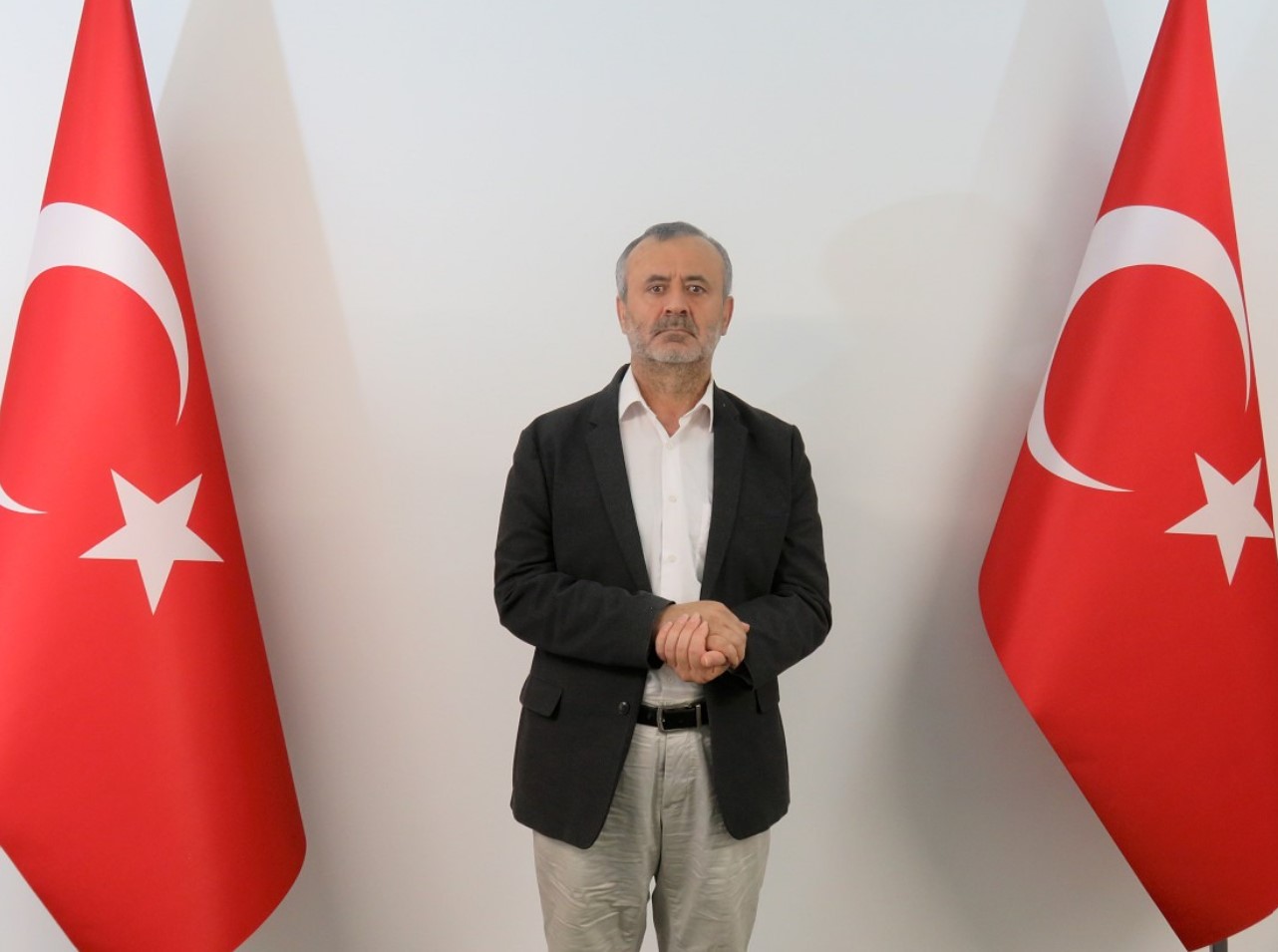Levent Kenez/Stockholm
Nordic Monitor has obtained new documents on espionage and profiling activities carried out by Turkish diplomats against government opponents in South Africa.
According to a December 18, 2018 decision by prosecutor Adem Akıncı, the Ankara Chief Public Prosecutor’s Office launched an investigation (file no.2018/28130 ) into 16 Turkish nationals who were listed in espionage files dispatched by the Turkish Embassy in South Africa without any concrete evidence of wrongdoing. They were charged with “membership in a terrorist group” by Akıncı.
Judicial document dated December 18, 2018 reveals spying on critics. (The addresses and names of the Turkish nationals have been redacted for security reasons.):
The profiling documents were believed to have been sent to Ankara by either Kaan Esener or Elif Çomoğlu Ülgen, the Turkish ambassadors in Pretoria between 2012 and 2021.
Esener, who was appointed deputy undersecretary of the foreign ministry following his tour in South Africa, was in charge of forwarding the profiling lists sent from Turkish embassies all over the world to prosecutors, the national police and the National Intelligence Organization.

Nordic Monitor previously published official correspondence conveyed by the Ministry of Foreign Affairs to the Ankara Chief Public Prosecutor’s Office that included two CDs containing details of the structure of the Gülen movement, a critic of the Turkish government, in each country and a full list of people believed to be affiliated with the movement. Esener was later appointed ambassador representing Turkey at the Strasbourg-based Council of Europe, the largest intergovernmental body in Europe, which champions democracy, the rule of law and fundamental human rights.

Elif Çomoğlu Ülgen, one of the troll Turkish ambassadors who frequently engage in polemics and discussions on social media, returned to Ankara last month, clashing with government-funded media outlet Yeni Şafak owned by a close associate of Turkish President Recep Tayyip Erdoğan, despite the fact that she worked as if she were a member of Erdoğan’s ruling party.
Nordic Monitor earlier reported that the Turkish Embassy in Pretoria made preparations to seek the extradition of critics of the Erdoğan government and asked Turkish judicial authorities to follow a template apparently designed to convince South African authorities, part of a global witch-hunt of opponents. According to government documents obtained by Nordic Monitor, the Turkish Embassy devised a sample form for extradition requests specifically designed for critics in South Africa, saying it would help persuade South African officials if the forms were filled out according to the template. On May 24, 2018, the Turkish Foreign Ministry sent a translated version of the form, originally in English, to the Justice Ministry. The move represented an escalation of an ongoing campaign of profiling, spying, harassment and denial of consular services to critics by Turkish diplomats in South Africa.
Critics of the Erdoğan government abroad, especially members of the Hizmet/Gülen movement, have been facing surveillance, harassment, death threats and abduction since President Erdoğan decided to scapegoat the group for his own legal troubles. They have often been denied consular services such as power of attorney and birth registry as well as having their passports revoked. Their assets in Turkey are seized and their family members at home are at risk of criminal charges.
Most recently educator Orhan İnandı, who was included in documents previously published by Nordic Monitor, was kidnapped in Kyrgyzstan on May 31 and illegally brought to Turkey by Turkish intelligence agency MIT. İnandı, who had lived in Kyrgyzstan for nearly 30 years, was arrested July 12 on charges of membership in a terrorist organization.

It is also known that Turkish embassies are spying on the private and confidential information of citizens who have registered for consular services. A Turkish foreign ministry communiqué, stamped secret, shows that the Turkish Embassy in Kosovo profiled 78 people who had listed their professions as teachers when they made applications for various citizen services.












